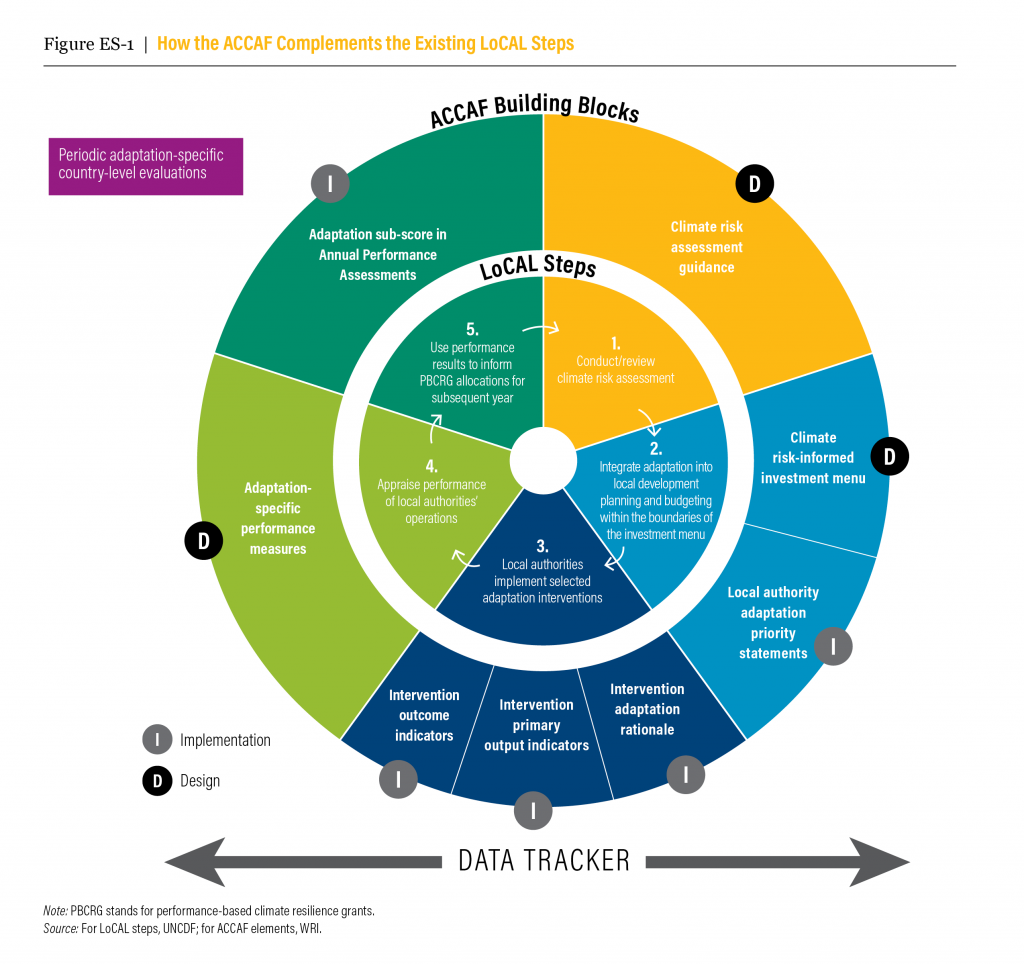Assessing the effectiveness of Climate Resilience Grants to Local Governments in Least Developed Countries
"Building resilience to increasingly intense climate change impacts requires effective, urgent adaptation action at the local level. While much progress has been made within the international and national arenas, efforts to successfully implement adaptation at the subnational level remains uneven."


